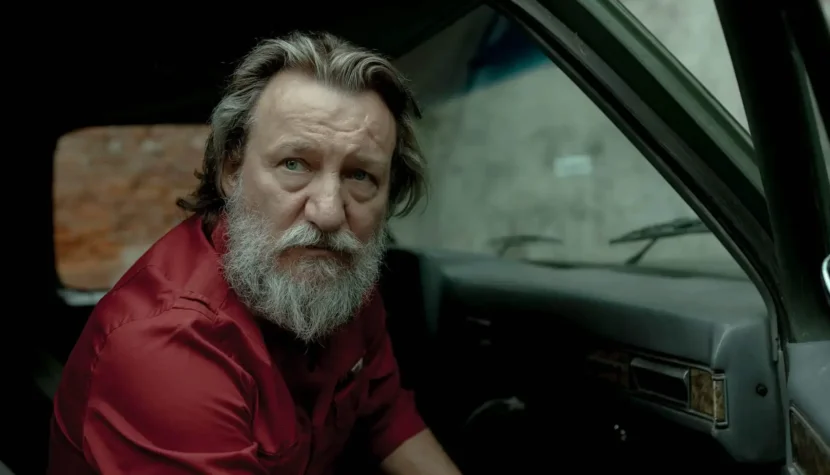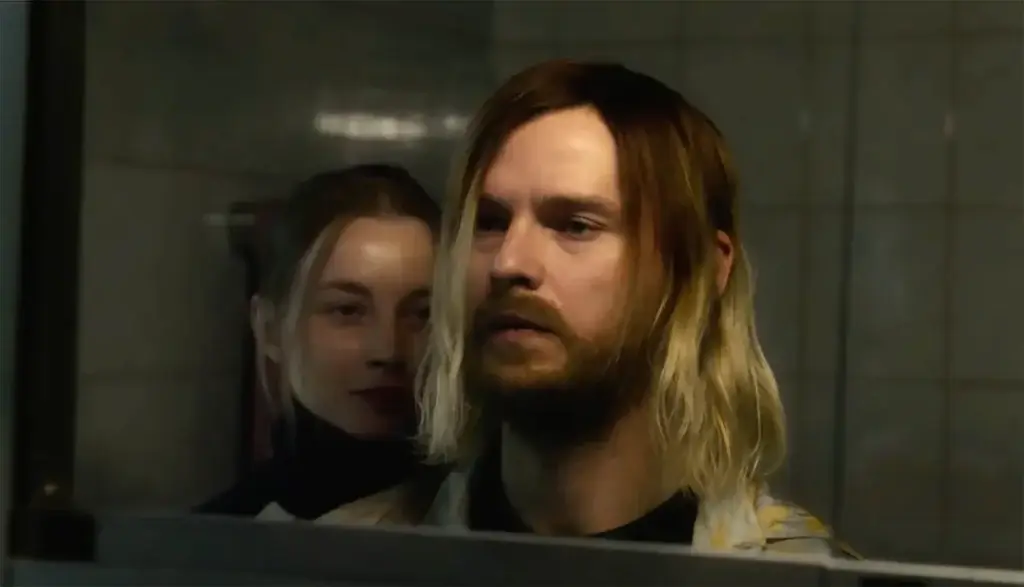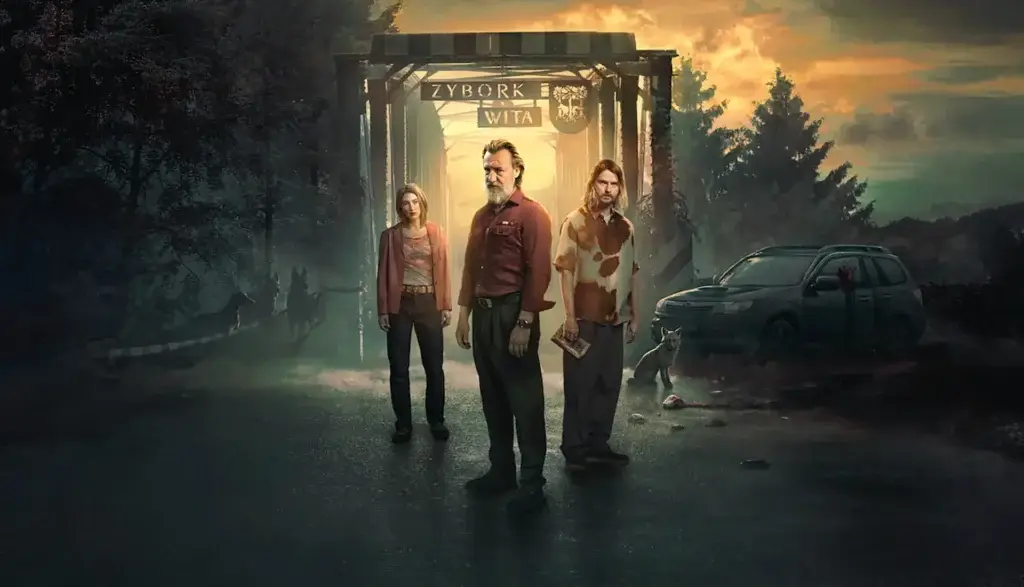Don’t adjust your TVs for “Hound’s Hill” – you still won’t hear it

As I described in my review of the series Hound’s Hill, it has numerous issues, and sound is one of them—though not so critical as to justify defending the entire production on that basis. The execution failed on many levels, and the lack of clarity in the dialogue is a byproduct of that. However, Jakub Żulczyk chose to focus on the sound. I understand that the adaptation of his book may be deeply personal to him, so his desperate defense is entirely understandable. Still, in such emotional moments, creators often overlook the logic of their arguments. I say this without feeling personally targeted, as I didn’t buy a home theater system. In fact, I installed a home theater setup while finishing my apartment, with in-wall speaker installations divided into three independent audio zones, controlled by equipment from Dali, Jamo, and Marantz. It even supports Dolby Atmos and standard DTS. And let me tell you—it didn’t help. I still struggle to understand much of what the actors are saying, especially when they get emotionally intense—or at least seem to.
So no, I won’t be adjusting my TV settings, because such suggestions seem laughable, and it’s inappropriate for such a renowned writer to even propose them.
Yes, it’s true that many Polish productions have sound issues, but when watching shows like Szadź, Lady Love, The Woods, or even A Girl and an Astronaut, you don’t need subtitles to understand the actors. So maybe it’s not entirely true that viewers have “something wrong with their brains,” or have become so accustomed to voiceover narration that they’ve lost the ability to process live dialogue. Perhaps more takes should have been done, or actors like Mateusz Kościukiewicz, Jaśmina Polak, or Wojciech Zieliński should have been pushed harder—because somehow Robert Więckiewicz and Andrzej Konopka managed to enunciate properly. Surely, they weren’t speaking into different microphones during filming, nor were their lines overdubbed in a studio?

Beyond that, Jakub Żulczyk didn’t fully think through his suggestion that viewers switch their TV audio from Dolby Surround 5.1/7.1 to regular stereo. This idea inadvertently undermines not only Hound’s Hill but also many other Polish productions plagued by sound problems. Setting aside whether such tinkering with settings is even necessary, today’s film industry increasingly prioritizes audio standards like Dolby Digital 5.1, not to mention Atmos. Yet here, viewers are being encouraged to revert their TVs to basic stereo. Incidentally, I remember years ago dreaming of having a stereo TV. Back then, a VCR with stereo capabilities was practically out of reach. Now that I have much more advanced technology, should I really be downgrading to something from the past because a film can’t support it?
It becomes clear that there truly is an issue with sound in Polish cinema, considering it hasn’t yet climbed out of the two-channel stereo era. Colloquially speaking, one might say we’re 100 years behind… and here, I hesitate because I don’t want to offend any particular group. Jakub Żulczyk likely didn’t intend to offend either, but indirectly, he has portrayed viewers as the “backward islanders” of the Stereo Archipelago.
It’s hard to deny viewers the right to clearly understand the words spoken by actors, as those words are crucial to conveying the meaning of scenes. Of course, film isn’t theater, so the interpretation of dialogue follows different rules. Nonetheless, actors cannot mumble, mutter, or subvocalize—as it often feels like they do in Hound’s Hill. It’s genuinely exhausting, especially since music plays a significant role in the series, often signaling emotions in a completely misplaced way, with an excess of Slavic flavor that doesn’t match the raw, human-driven criminal events in the story. The problem isn’t the sound itself but the actors’ diction—especially Mateusz Kościukiewicz’s. And this, unfortunately, is something viewers overwhelmingly notice.
Comparisons to Twin Peaks only give me chills, underscoring how wildly subjective a fan of such a parallel must be—deaf, apparently, to the superb sound design in David Lynch’s series and the clarity of its actors’ delivery. Mentioning comparisons to Rosemary’s Baby is so far-fetched it’s hardly worth addressing without emotion.

Perhaps Jakub Żulczyk knows the actors’ lines so well that he doesn’t need to guess them. His brain interpolates the missing fragments, making everything sound clear—or so it seems. I can’t rule that out. What I am certain of, however, is that it’s hard to call criticism from viewers and reviewers, who’ve experienced the issue firsthand, “hate.” We didn’t imagine this. And if, while watching a film, you feel like you can’t understand the words—yet you know your hearing is fine because other productions don’t cause this problem—it’s logical to conclude that the fault lies with the creators.
Accusing the audience of hate, suggesting they adjust their TVs, buy better speakers, or even work on their supposedly deficient brains that have been spoiled by professional narrators, smacks of desperation and a lack of constructive defense. Perhaps it would be better to tone down the attack and leave space for discussion, as there’s undeniably a problem. In the case of Hound’s Hill, it’s not exclusively an AUDIO issue but one rooted in the acting craft itself.

